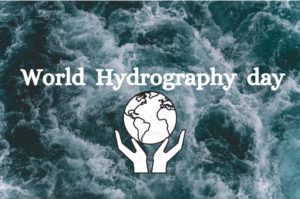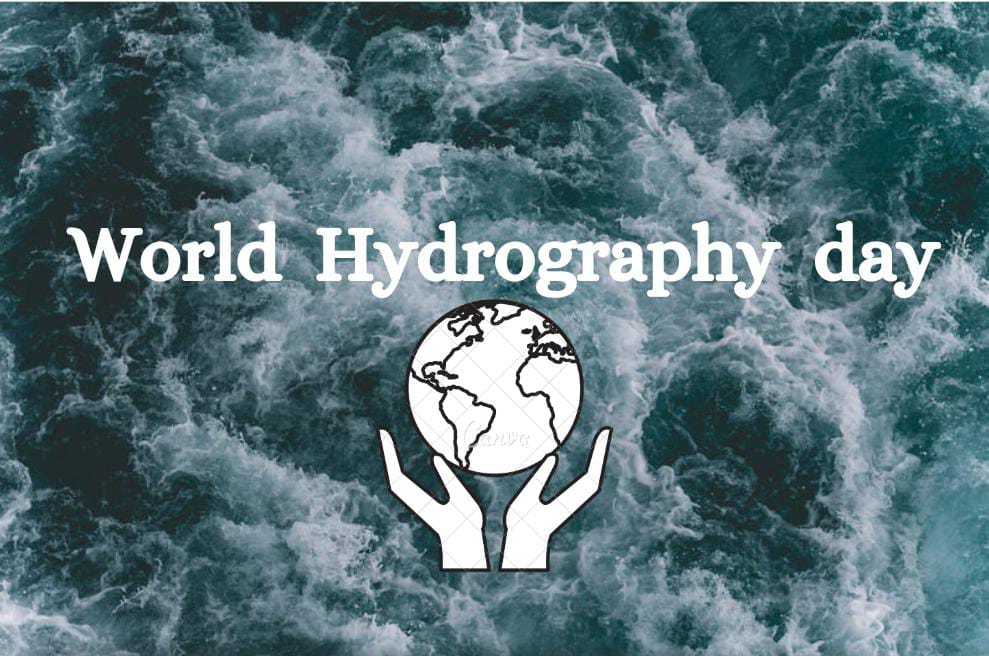World Hydrography Day: Promoting Safe Navigation and Sustainable Ocean Management
World Hydrography Day is observed annually on June 21st to raise awareness about the importance of hydrography and its role in ensuring safe navigation, maritime security, and sustainable ocean management. This day celebrates the work of hydrographers and highlights the significance of accurate and up-to-date nautical charts and hydrographic data.
Table of Contents
World Hydrography Day was established by the International Hydrographic Organization (IHO) in 2005. The IHO is an intergovernmental organization that promotes cooperation among countries in the field of hydrography and nautical charting. The day serves as an opportunity to promote the importance of hydrography and the critical role it plays in maritime activities.

History:
The origins of World Hydrography Day can be traced back to the establishment of the IHO in 1921. The IHO was founded to standardize nautical charting and promote the sharing of hydrographic information among nations. Over the years, advancements in technology and the growing importance of safe navigation led to the recognition of World Hydrography Day as a global observance.
Significance
: World Hydrography Day holds significant importance for various reasons:
- Safe Navigation: Hydrographic surveys and accurate nautical charts are crucial for safe navigation, helping mariners avoid hazards, such as rocks, shoals, and wrecks. By promoting hydrography, the day aims to enhance maritime safety and reduce the risks associated with navigation.
- Maritime Security: Hydrographic data is essential for maintaining maritime security and preventing incidents such as collisions, groundings, and pollution. By celebrating World Hydrography Day, emphasis is placed on the role of hydrography in safeguarding maritime interests.
- Sustainable Ocean Management: Hydrography contributes to the sustainable management of the oceans, including the delineation of maritime boundaries, protection of marine ecosystems, and support for coastal zone planning. The day highlights the importance of accurate and comprehensive hydrographic information for effective ocean governance.
Why Celebrate World Hydrography Day:
- Awareness and Education: World Hydrography Day raises public awareness about the significance of hydrography and its impact on maritime activities. It helps people understand the importance of accurate nautical charts and the work of hydrographers in ensuring safe navigation.
- International Cooperation: The day promotes international cooperation and collaboration among countries in the field of hydrography. It encourages the sharing of hydrographic data, knowledge, and best practices, fostering a global network of hydrographic organizations.
- Sustainable Development: World Hydrography Day aligns with the United Nations Sustainable Development Goal 14, which aims to conserve and sustainably use the oceans, seas, and marine resources. It emphasizes the role of hydrography in supporting sustainable maritime development and protecting marine ecosystems.
How to Celebrate World Hydrography Day:
- Organize Workshops and Seminars: Conduct workshops, seminars, and training sessions to educate stakeholders, including mariners, coastal communities, and policymakers, about the importance of hydrography and its applications.
- Collaborative Projects: Initiate collaborative projects among hydrographic organizations, research institutions, and universities to advance hydrographic technologies, data collection methods, and data sharing practices.
- Outreach Programs: Engage with schools, universities, and local communities to raise awareness about hydrography through educational programs, exhibitions, and interactive sessions.
- Promote Hydrographic Careers: Encourage young people to consider careers in hydrography by highlighting the diverse opportunities available in the field. Organize career fairs or provide mentoring and internship programs.
- Support Hydrographic Research: Allocate resources and funding to support hydrographic research initiatives aimed at improving data collection methods.


